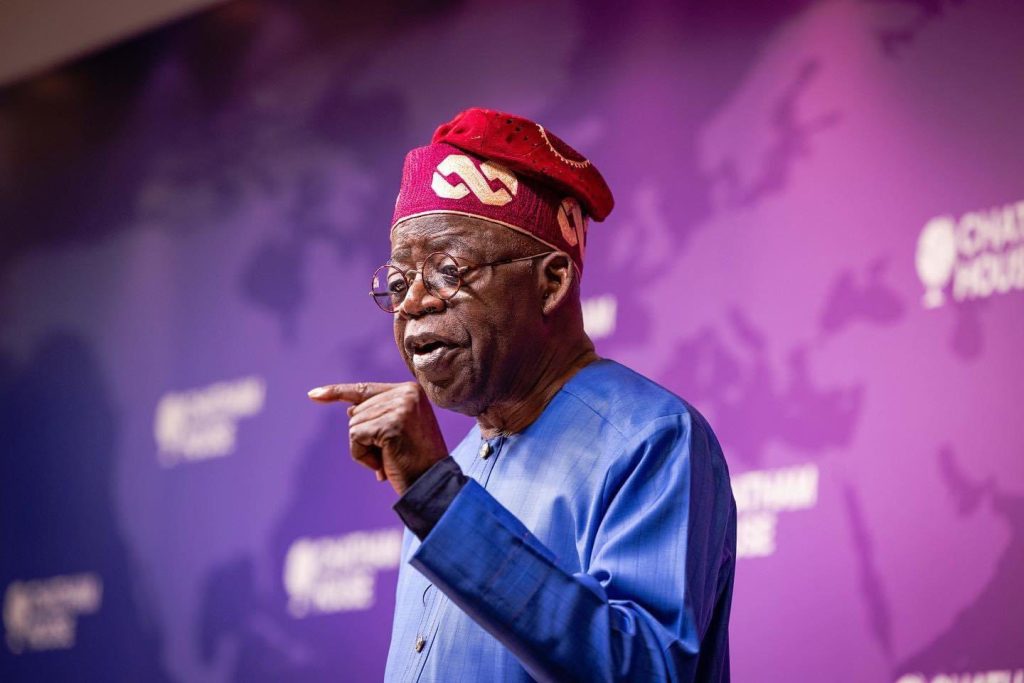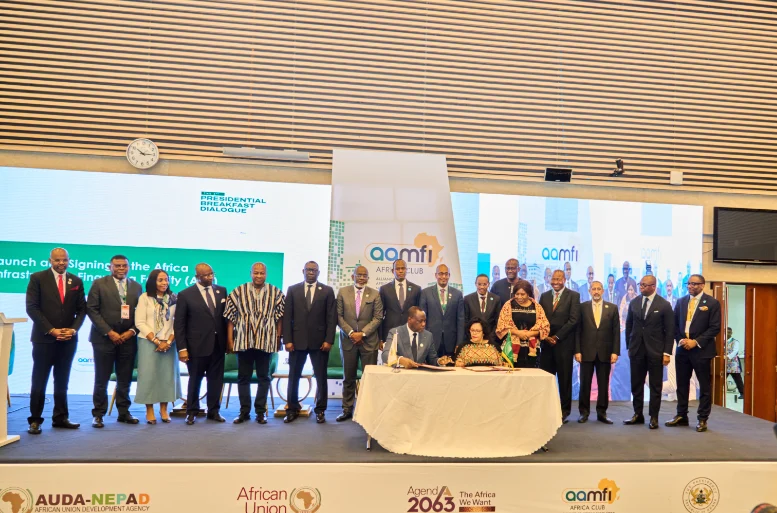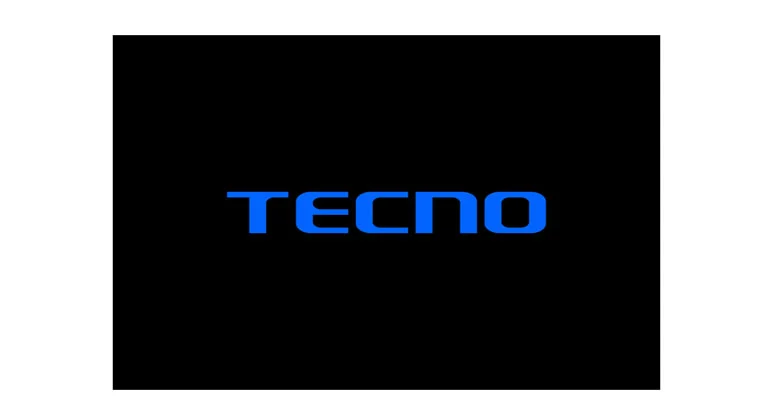In October, Bola Ahmed Tinubu, the presidential candidate of Nigeria’s ruling All Progressives Congress (APC), released his manifesto titled “Renewed Hope 2023 – Action Plan for a Better Nigeria.” Among the key areas addressed in the 80-page document is Nigeria’s tech ecosystem. While commendable for its inclusion of technology, a closer examination reveals gaps in understanding and execution strategies.
One Million Tech Jobs in Two Years: Lofty or Achievable?
Tinubu’s manifesto pledges to create one million new jobs in the ICT sector within the first two years of his administration. The plan involves “interventions in the ICT industry and other critical sectors” but lacks detailed strategies for achieving this ambitious target.
While the goal is admirable, it recalls similar promises from politicians that often fail in execution. For example, President Muhammadu Buhari, also of the APC, pledged to create three million jobs annually in 2015. Eight years later, unemployment in Nigeria stands at 33%, according to Statista. Tinubu’s promise, without actionable specifics, risks falling into the same category of unfulfilled electoral pledges.
ICT-Enabled Outsourcing: Undefined Pathways
Tinubu’s manifesto rightly identifies ICT-enabled outsourcing as a potential job creator, citing India’s $6 billion earnings in the sector. However, his proposal to “implement policies to train and build capacity among Nigeria’s youth” lacks clarity.
What kind of training? What partnerships or funding models will support this? These unanswered questions make the proposal vague, leaving it as a broad ambition rather than a concrete policy.
Innovation, Entrepreneurship, and the Startup Act
Acknowledging Nigeria’s booming fintech ecosystem, which accounted for 73.5% of the $1.09 billion raised by Nigerian startups in 2021, the manifesto proposes “innovative policies” to support funding and access to capital for startups. It also promises to incentivize technology hubs, accelerators, and angel investors.
However, much of this overlaps with the provisions of the Nigeria Startup Act, already signed into law in 2022. The Act addresses funding, tax incentives, and regulatory clarity for startups. Tinubu’s manifesto fails to articulate how his administration would build on this legislation or offer additional support beyond what is already in place.
E-Commerce and Tech Manufacturing: Missed Opportunities
The manifesto highlights the potential of Nigeria’s e-commerce space, which generated $7.6 billion in 2021, but cites only inadequate transportation and infrastructure as its challenges. While these are valid concerns, the document neglects other significant barriers such as low internet penetration, cybersecurity issues, and unreliable payment systems.
Additionally, on tech manufacturing, the manifesto only acknowledges its potential for job creation but lacks actionable plans for fostering local assembly or reducing import dependency.
Digital Government Services: An Untapped Promise
Tinubu’s manifesto pledges to prioritize digital government services to enhance efficiency and collaboration between the government and private sector. This aligns with the Federal Government’s Nigeria e-Government Master Plan 2020, which seeks to digitize public service delivery.
If implemented, this could drive innovation in governance and strengthen regulatory frameworks for the tech sector. However, like many other proposals in the manifesto, the lack of clear implementation strategies raises concerns.
Broadband Penetration: A Hollow Promise
The manifesto promises to achieve the 90% broadband penetration target outlined in Nigeria’s National Broadband Plan by 2025. Yet, it provides no actionable roadmap for reaching this goal.
Currently, broadband penetration has increased by only 5.24% in two years under the existing plan. Without a strategic push, achieving the 2025 target seems unlikely.
Blockchain: A Step in the Right Direction
On blockchain technology, Tinubu proposes reforms to encourage its use in finance, identity management, and revenue collection. This includes an advisory committee to review regulatory frameworks and expand the adoption of the eNaira.
This is a promising step, especially as Nigeria’s blockchain industry struggles with the government’s restrictive stance on cryptocurrencies. However, existing initiatives, such as the National Blockchain Adoption Strategy by NITDA, already address these goals. Tinubu’s manifesto does not explain how his administration would build on or differentiate itself from these efforts.
Final Thoughts
Tinubu’s manifesto acknowledges the importance of technology in Nigeria’s economic growth but falls short on actionable strategies. While the inclusion of tech as a dedicated section is commendable, the document largely recycles existing policies and lacks the depth needed to address the sector’s challenges effectively.
For Tinubu’s campaign to gain traction among Nigeria’s tech-savvy electorate, his team must return to the drawing board to develop more detailed and innovative solutions that align with the realities of the Nigerian tech ecosystem. Only then can “Renewed Hope” translate into actionable progress for the country’s digital future.












